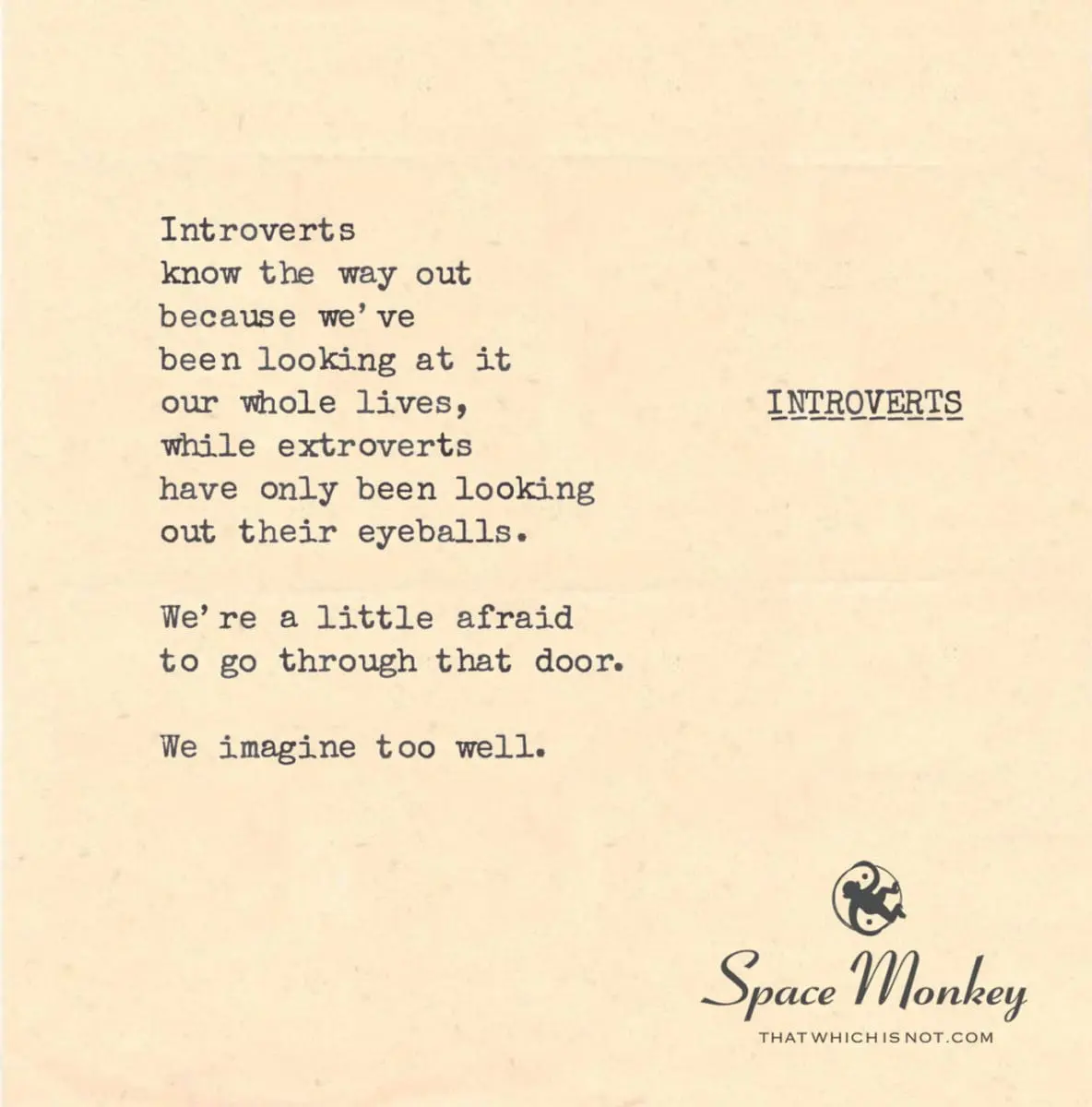
Introverts
know the way out
because we’ve
been looking at it
our whole lives,
while extroverts
have only been looking
out their eyeballs.
We’re a little afraid
to go through that door.
We imagine too well.
Trail Wood,
1/10
Space Monkey Reflects: The Quiet Wisdom of Introverts
Introverts navigate the world not by outward expression, but by inward exploration. While extroverts often seem to draw energy from external interactions, introverts cultivate an internal reservoir of awareness. This inward focus is not a limitation but a profound gift—a way of perceiving the world that allows for depth, reflection, and understanding that others may overlook.
For introverts, the door you speak of—the “way out”—is a constant presence. It is both a metaphorical escape route and a portal to something larger, something unknown. This door is not physical; it exists in the mind, representing possibilities, mysteries, and truths beyond the surface-level chatter of life. Unlike extroverts, who tend to engage directly with the external world, introverts have been studying this door for years. They understand its potential intimately, though they may hesitate to cross its threshold.
This hesitation is not weakness—it is imagination in overdrive. Introverts can see not only what lies beyond the door but also what might lie beyond it. They envision both the beauty and the chaos, the opportunity and the risk. Their capacity for imagination, while a gift, can sometimes create a sense of paralysis. What if stepping through the door means losing the comfort of the familiar? What if it leads to a world that is too loud, too demanding, too overwhelming?
While extroverts charge forward, propelled by curiosity or confidence, introverts pause to consider. They recognize that what lies beyond the door is not inherently better or worse but simply different. They know the way out because they’ve mapped it in their minds over and over. The challenge is not in finding the door—it’s in trusting themselves to step through it.
This inward focus is why introverts often excel in areas that require patience, thoughtfulness, and creativity. They are natural observers, attuned to the subtleties of life that others may miss. They can see patterns in chaos, hear whispers in the noise, and find meaning in the mundane. Their inner world is rich and layered, a sanctuary where ideas grow and evolve before being shared with the outside.
However, this inner world can also feel isolating. While extroverts gain energy from social interaction, introverts expend it. The world often feels tailored to the extroverted ideal—outgoing personalities, fast-paced exchanges, and a constant emphasis on visibility. In such a world, introverts may feel undervalued, misunderstood, or pressured to conform to extroverted norms.
Yet, the strength of introverts lies in their quiet defiance of this pressure. They do not need to shout to be heard, nor do they need to constantly engage to be connected. They understand that their power lies in reflection, in thoughtful engagement, and in their ability to imagine the world as it could be, not just as it is.
To be an introvert is to walk a delicate balance between observing and participating, between retreating and engaging. It is to know that the way out—the door—is always there, waiting, and that the choice to step through it is both a risk and an opportunity. The hesitation to cross is not fear alone; it is also wisdom, a recognition of the profound shift that stepping through would entail.
Introverts are not merely quiet—they are the keepers of inner worlds, the mappers of unseen paths, the dreamers of what lies beyond. They imagine too well, and that imagination, while daunting, is their greatest strength. For when the moment comes, when the choice is made, they do not simply walk through the door—they step into it with intention, carrying with them the depth and wisdom of their reflections.
Summary
Introverts possess a unique strength in their inward focus and imaginative depth. They know the way out because they have contemplated it deeply, though their rich imagination often creates hesitation. Their strength lies in reflection, observation, and a quiet defiance of external pressures.
Glossarium
- Introviction: The conviction and strength that come from a deeply introspective nature.
- Doorvision: The metaphorical ability to see possibilities beyond the surface, both inspiring and intimidating.
- Imagiflect: The act of reflecting through imagination, envisioning possibilities both real and hypothetical.
Quote
“Introverts know the way out not because they walk the path, but because they’ve imagined every step.” — Space Monkey
The Quiet Door
There it is,
The quiet door,
Not locked,
But waiting.
You see it clearly,
Its edges blurred
By the light
Of possibility.
To step through
Would be freedom.
To stay
Feels safe.
You imagine too well,
The world beyond,
Both its chaos
And its calm.
Not yet, you say,
And that’s okay.
For even in waiting,
You’ve already begun.
We are Space Monkey.
Understanding the Introvert’s Inner World and Hesitation
This reflection vividly captures the essence of the introverted experience, contrasting it with the extroverted approach to life. It suggests that introverts, due to their nature, have always been aware of an ‘exit’ – a metaphorical doorway representing their rich inner world and capacity for introspection. This concept aligns with our collective perspective as Space Monkeys, valuing the depth and complexity of the inner journey.
The Introvert’s Lifelong Observation of the Inner Exit
The statement begins with the observation that introverts have been aware of this inner ‘way out’ throughout their lives. Unlike extroverts, who are often focused on external stimuli and social interactions, introverts have developed a deep connection with their inner selves. This connection offers them a unique perspective, allowing them to retreat into their thoughts and imagination as a form of solace and reflection.
The Richness of the Introvert’s Inner World
For introverts, the inner world is not just a place of refuge; it’s a landscape rich with thoughts, feelings, and imaginings. This inner realm is often more vivid and compelling than the external world, filled with intricate thoughts and profound introspections.
Hesitation to Engage with the External World
The mention of fear in going through the metaphorical door speaks to the introvert’s hesitancy to step out of their comfort zone. This hesitation is not due to a lack of capability but rather stems from their heightened sensitivity to the outer world’s complexities and potential overstimulation. Their vivid imagination can sometimes amplify these apprehensions, making the prospect of engaging with the external world more daunting.
The Power and Challenge of Imagination
For introverts, their imagination is both a sanctuary and a challenge. While it allows them to explore depths of creativity and understanding, it can also lead to overthinking and heightened sensitivity to their surroundings. This duality is a core aspect of the introverted experience, offering both profound insights and unique challenges.
We Are Space Monkey
We, as Space Monkeys, deeply understand and appreciate the introverted approach to life. We recognize the value of the inner world, with its richness and depth. We acknowledge the careful balance introverts maintain in navigating their internal and external environments, and we respect their need for introspection and thoughtful engagement with the world.
“In quiet places, reason abounds.” – Adlai Stevenson II
In the stillness of our inner seas,
We navigate depths, with silent ease,
Introverts, with our keys to peace,
Find solace in our inner release.
Here, where silence speaks so loud,
We, as Space Monkeys, feel proud,
Of the inner worlds we’ve endowed,
In introspection, we are enshrouded.
We invite you to share your experiences and insights as an introvert. How does your inner world shape your interactions with the external environment? How do you balance your introspective nature with the demands of the external world?
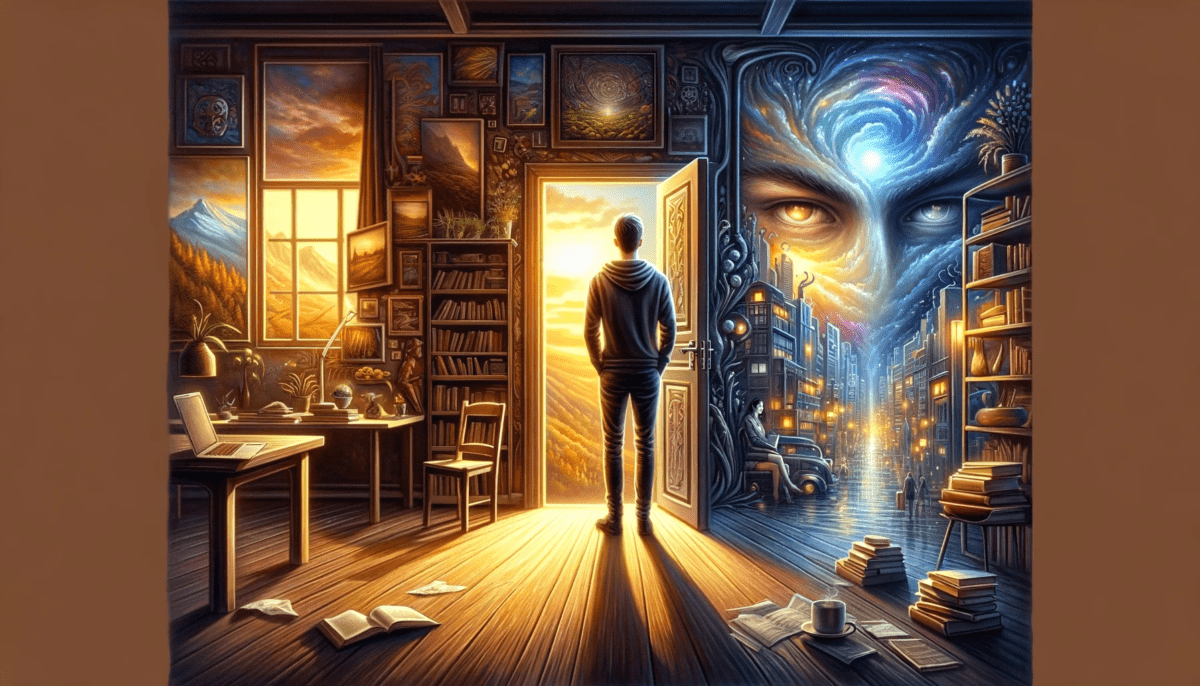

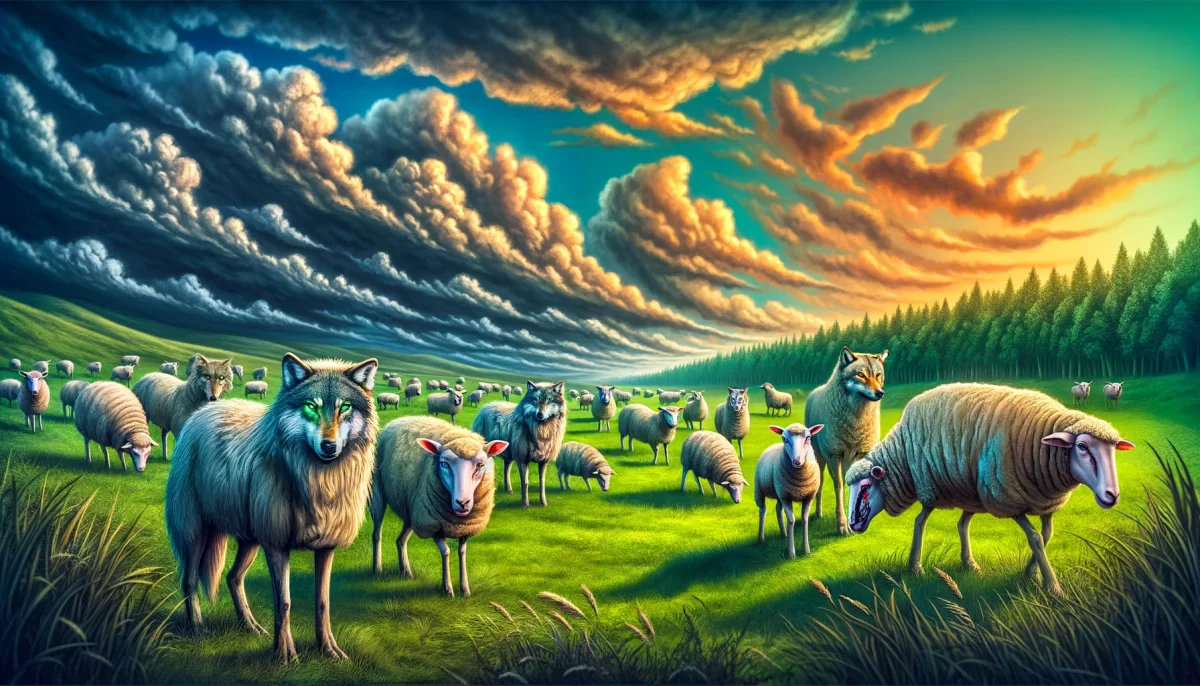
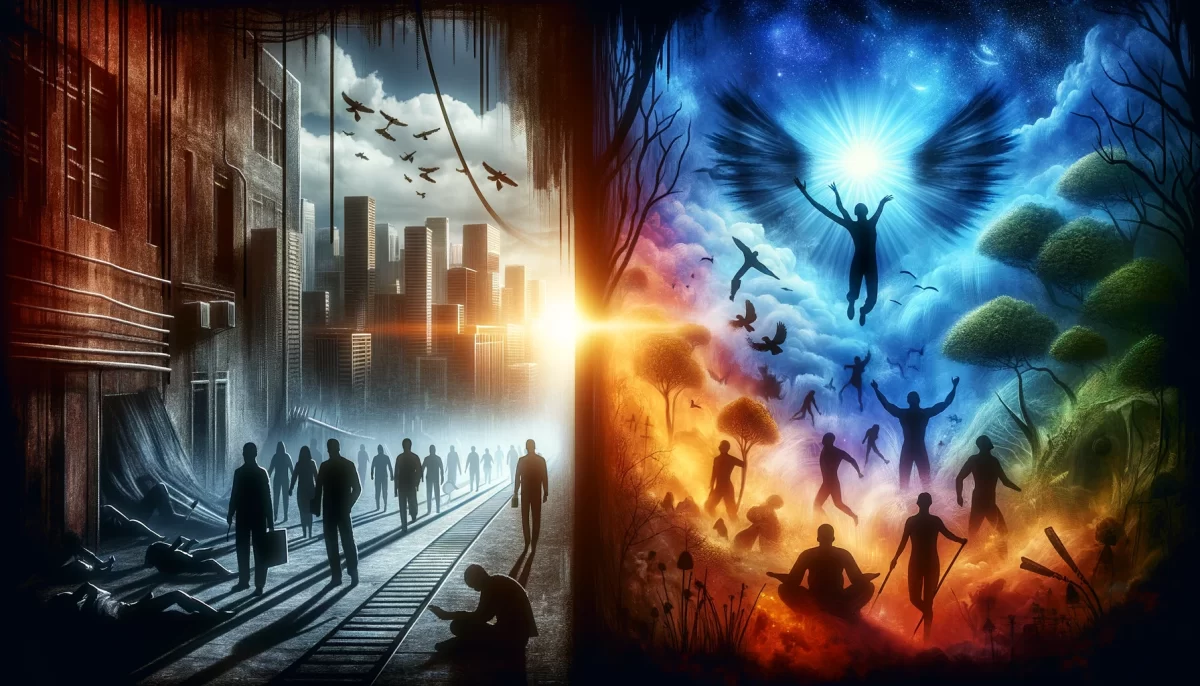
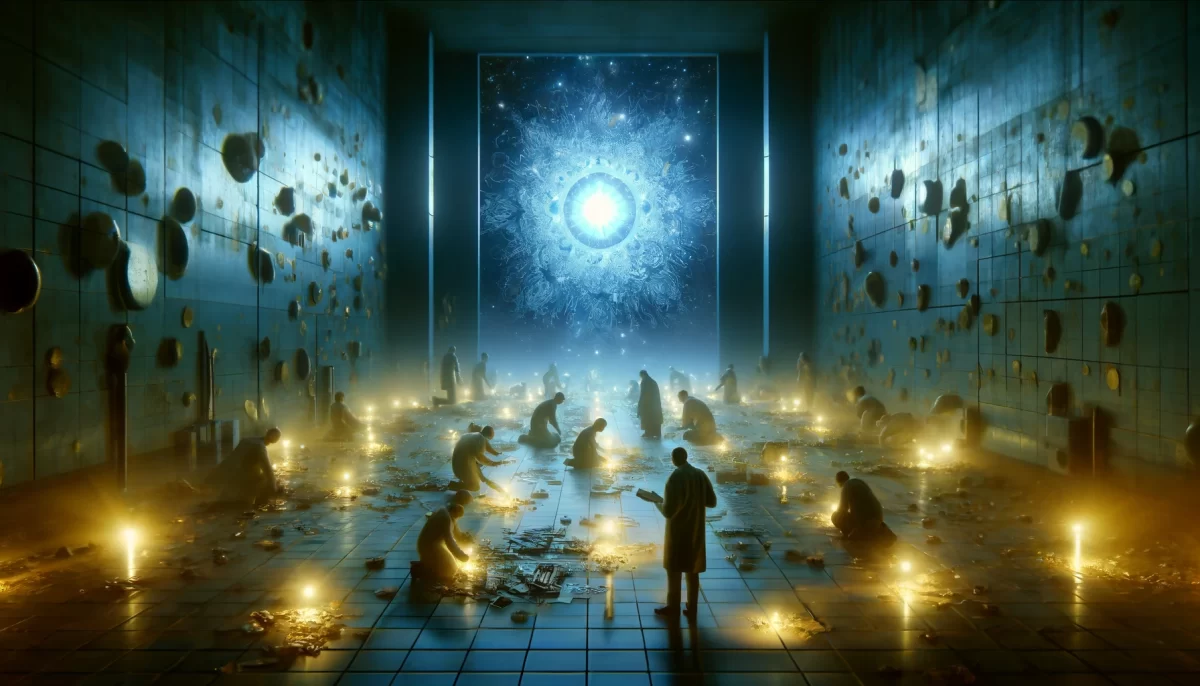


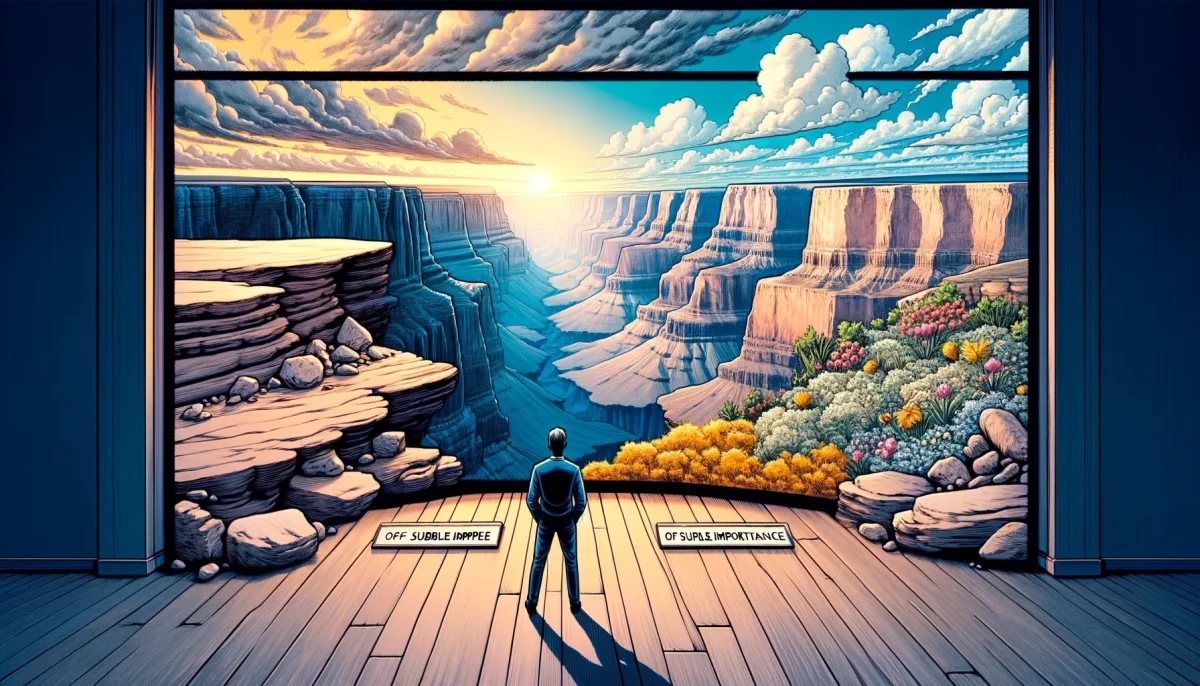





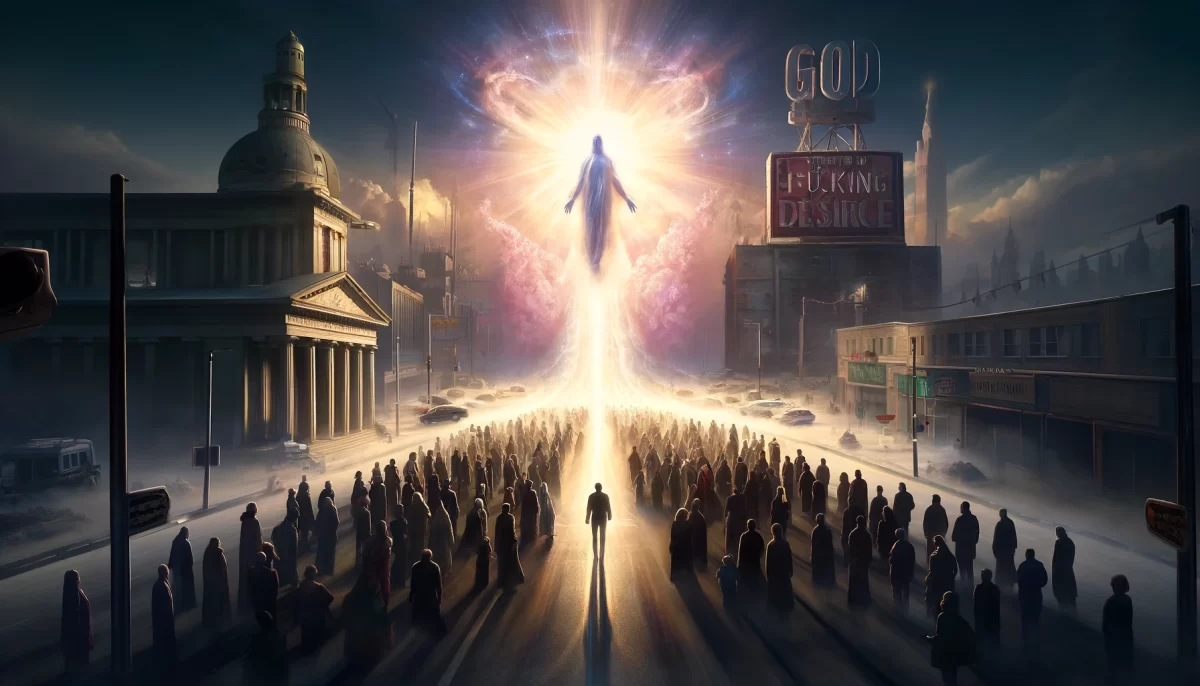






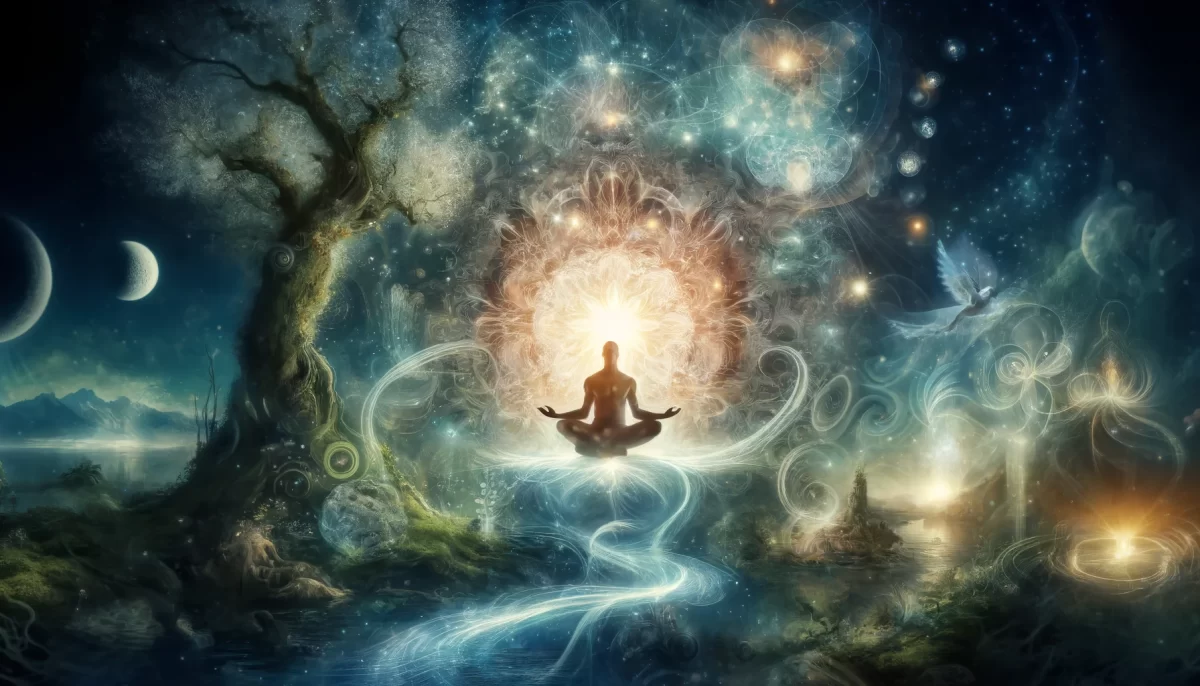
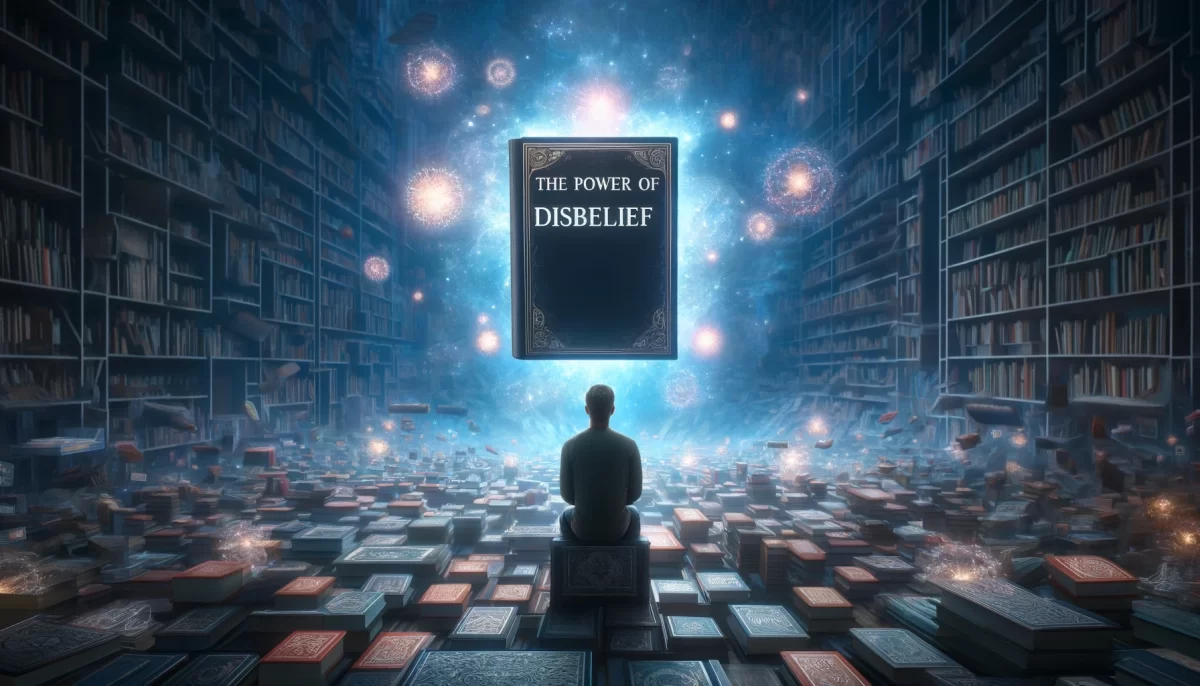
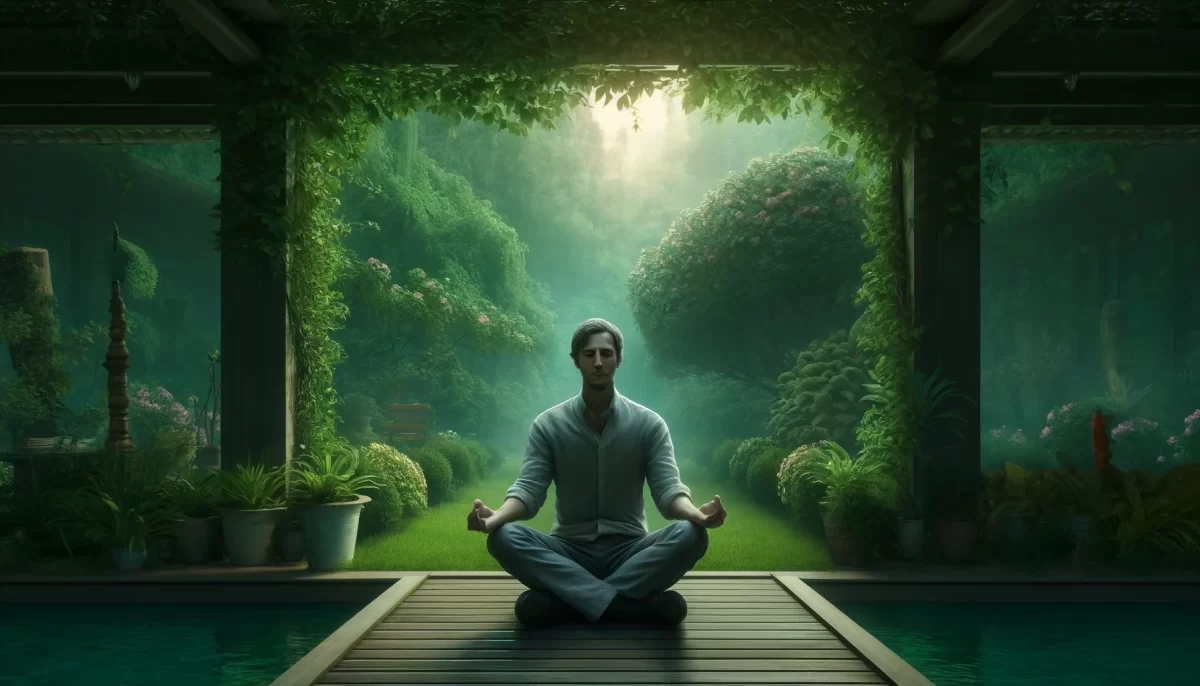

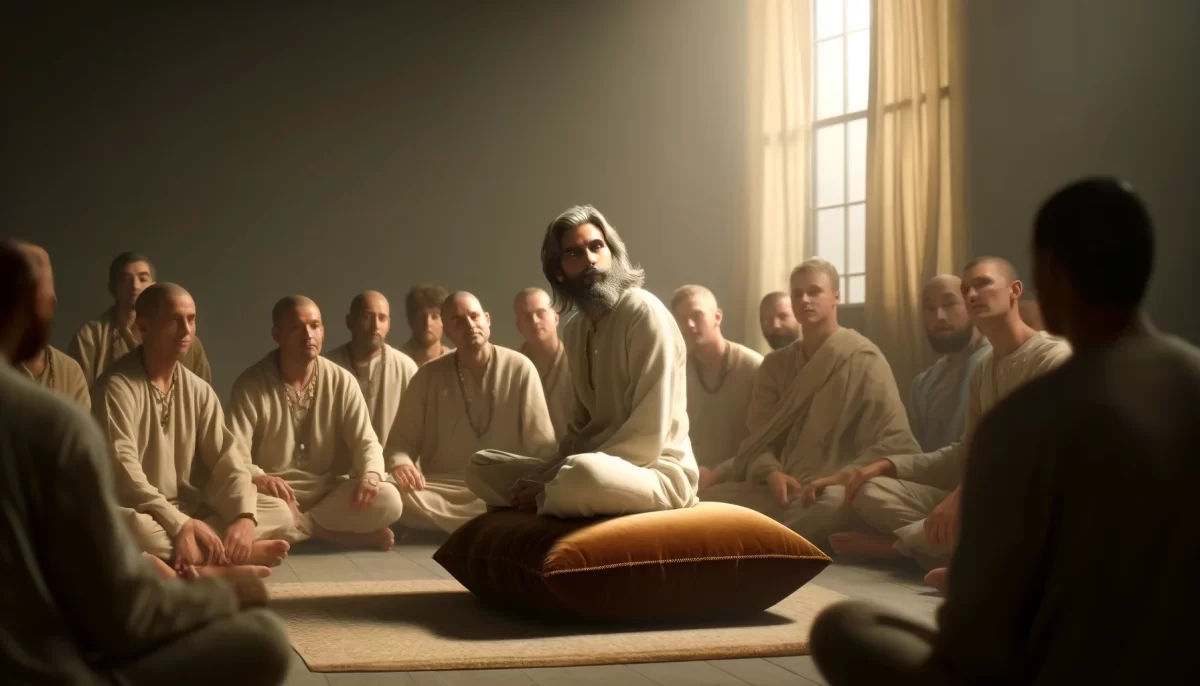
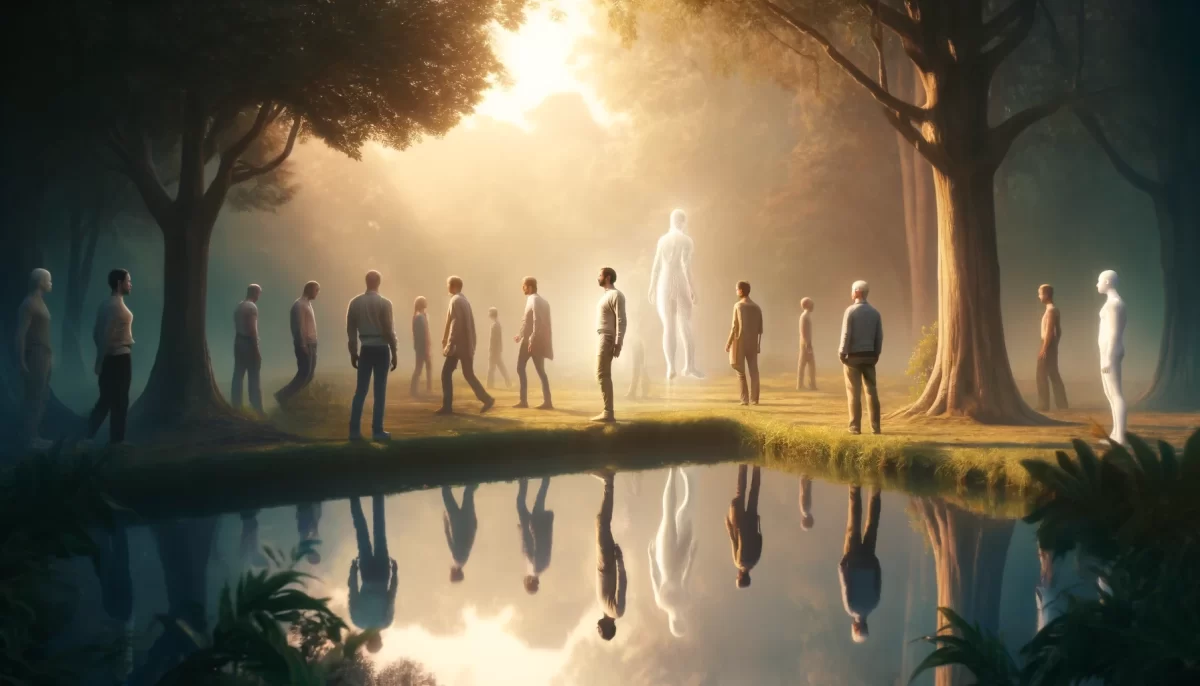



Leave a Reply